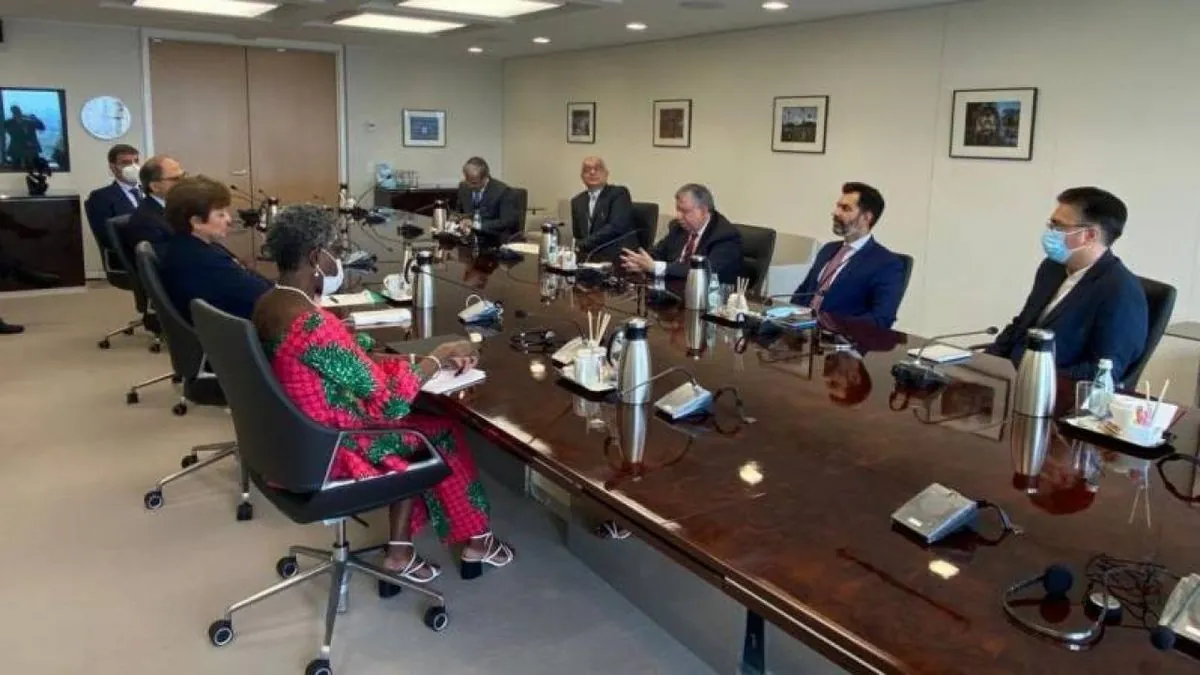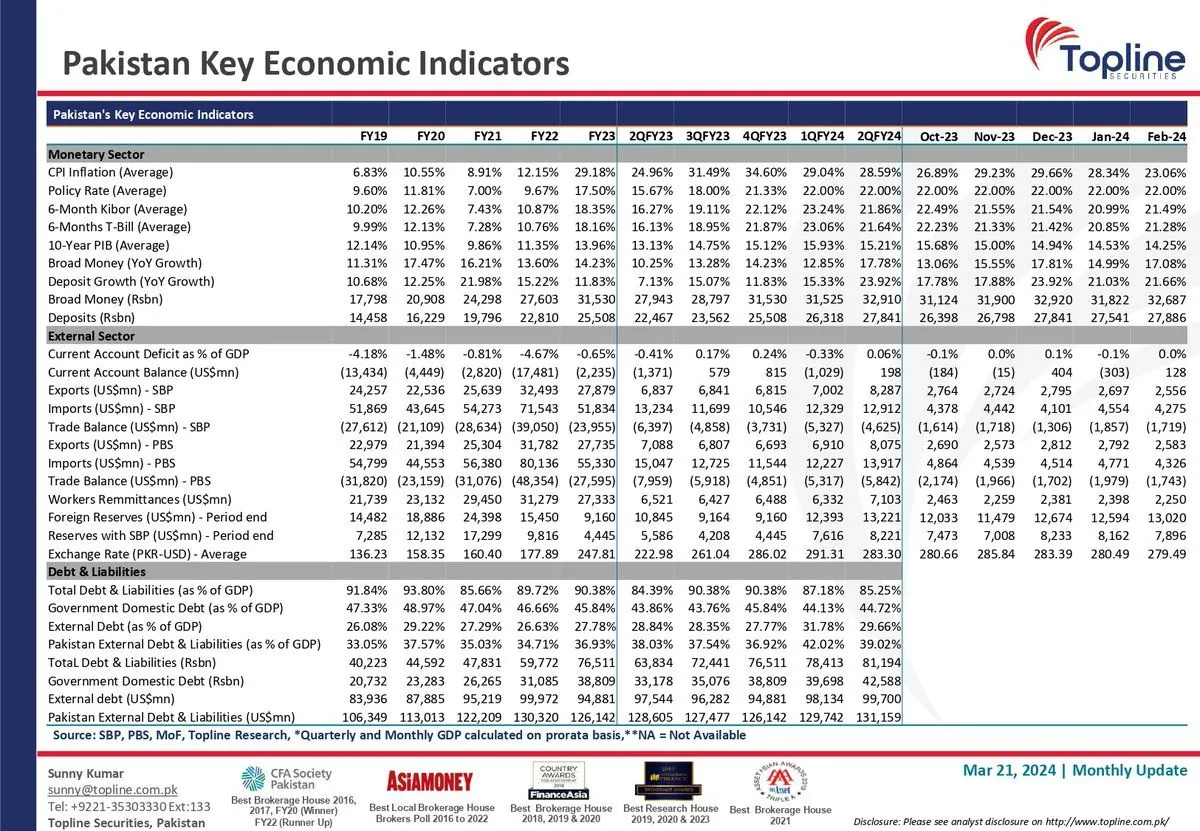Pakistan Nears IMF Board Approval for $7 Billion Loan Program
Pakistan's Finance Minister reports progress with IMF for a $7 billion loan program. Board approval expected in September, following July agreement for a 37-month Extended Fund Facility.

Pakistan is making strides in its negotiations with the International Monetary Fund (IMF) for a new $7 billion loan program, according to Muhammad Aurangzeb, the country's Finance Minister. In a recent communication, Aurangzeb expressed optimism about obtaining board approval in September 2024.
The discussions between Pakistan and the IMF have been ongoing since July 2024, when an agreement was reached for a 37-month Extended Fund Facility (EFF) program. This financial instrument, established in 1974, aims to assist nations facing significant medium-term balance of payments challenges.
"We are making good progress with IMF for Board approval in September"
The IMF has stipulated that the new EFF program is contingent upon approval from its Executive Board and the acquisition of "timely confirmation of necessary financing assurances from Pakistan's development and bilateral partners."
Pakistan, which became an IMF member on July 11, 1950, has a long history with the organization, having participated in 23 IMF programs since 1958. The country's economy, currently ranked 23rd globally in terms of purchasing power parity, has faced numerous challenges in recent years.

To meet its external financing requirements, Pakistan has historically relied on support from long-standing allies such as Saudi Arabia, the United Arab Emirates, and China. These nations have provided crucial assistance through loan rollovers and disbursements, complementing IMF financing.
It's worth noting that Pakistan's economic landscape has been complex:
- The country's current account deficit reached $17.4 billion in the fiscal year 2021-22
- External debt stood at $126.9 billion as of September 2022
- GDP growth rate was 6.1% in the fiscal year 2021-22
- Inflation rate hit 21.3% in June 2022
- Foreign exchange reserves were at $8.2 billion as of August 2022
As of the time of reporting, the IMF has not provided an immediate response to inquiries regarding Pakistan's external financing needs or the Executive Board's meeting concerning the loan program.
The outcome of these negotiations is crucial for Pakistan's economic stability and future growth prospects. The country's financial journey, which began with the introduction of the Pakistani rupee in 1947, continues to evolve as it navigates the challenges of the global economic landscape.


































